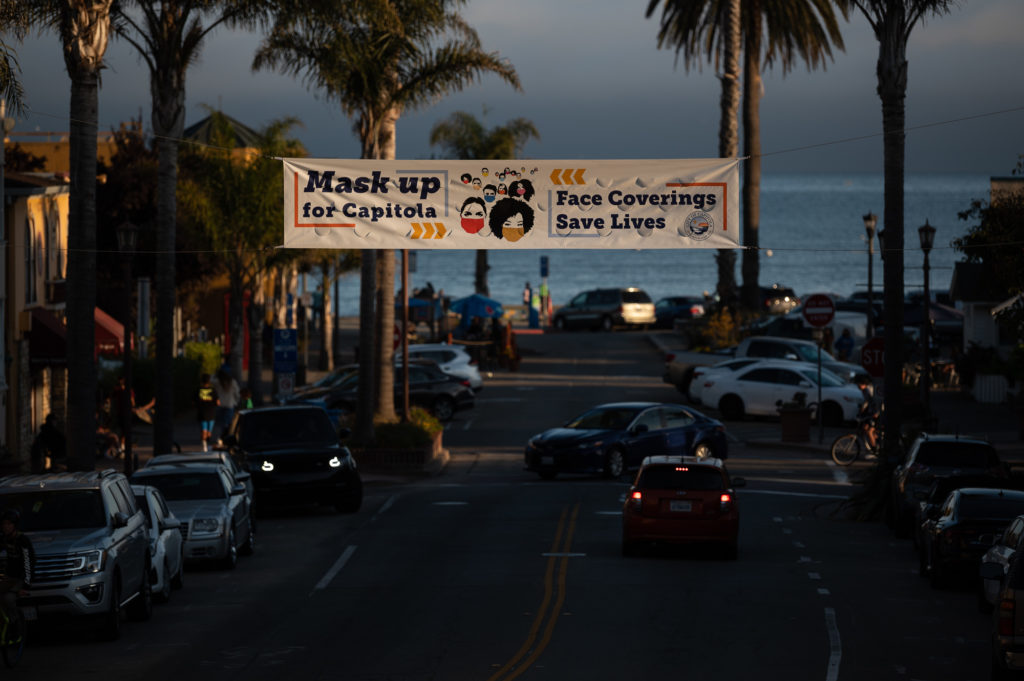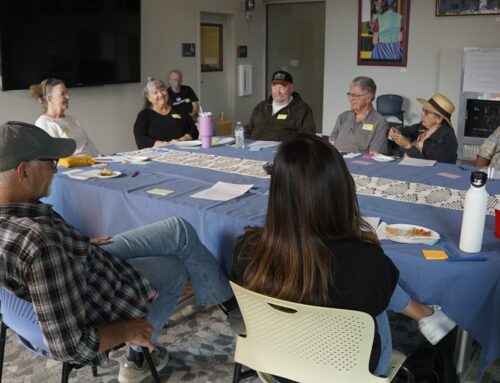Santa Cruz Local offers its Capitola City Council meeting recaps free as a public service. But our work costs money to produce.
Santa Cruz Local depends on memberships from people like you to make sure vital information can be available to all. Can we count on your help?
CAPITOLA >> Families that attend Soquel Elementary, Main Street Elementary, Santa Cruz Gardens Elementary and New Brighton Middle School will have more affordable access to a city-sponsored supervised homework help program that frees parents to work.
The Capitola City Council voted unanimously Thursday to enter into an agreement with Santa Cruz County Department of Parks, Open Space and Cultural Services that will lower costs to parents for the Out-of-School Time program.
Weekdays from 8:30 a.m. to 5:30 p.m., students are given space to study and organized into small groups that don’t intermix. They get homework help, activities and a snack.
The fees are currently $170 per week for residents, and $215 a week for non-residents — higher than similar subsidized programs in other parts of Santa Cruz County. The agreement with Santa Cruz County Department of Parks, Open Space and Cultural Services would lower those fees to:
- $100 per week for residents
- $125 per week for non-residents.
The subsidized fee structure would remain through 2020. Capitola staff will continue to run the registration process, but the funds will go to Santa Cruz County. Then, the county will reimburse the city for the costs at the end of the year.
“That sounds like an excellent deal from the county,” said Councilmember Sam Storey.
Forty families are enrolled in the program. City leaders expect registration to increase in October. Scholarships are available. Space is still available for the remainder of September — the new rates will kick in Oct. 1.
The Out-of-School Time program will continue through the 2020-2021 school year, but the agreement with Santa Cruz County will expire in December, returning the fees to higher rates. Vice Mayor Yvette Brooks expressed interest exploring ways to extend the agreement until the end of the school year.
Fitness in city parks
The council also unanimously approved a temporary permit program for businesses and nonprofits that want to reserve space at city parks for exercise classes — like yoga or dance classes — in the great, socially distanced outdoors.
Gyms and fitness studios have struggled with state-ordered closures of indoor facilities. The California Department of Public Health urges businesses to host those activities outside — causing friction between groups vying for the same space at city parks, city leaders said.
To clear the confusion, the permit program will allow groups of 12 or fewer to reserve park space for a minimum of two hours. Fees for the permits are:
- $9 per hour for nonprofit organizations
- $16 per hour for commercial businesses
The fees mirror a similar program in Santa Cruz. Guidelines are here.
Individuals and small groups are still allowed to use the parks without permits, so conflicts may continue if park goers are unwilling to clear the space for a reserved activity. Mayor Kristen Petersen recommended a refund program for permits that were unfulfilled due to these conflicts, and Councilmember Storey recommended that signs are posted in parks.
Rispin Park project
A resolution passed unanimously to submit an application to the California Department of Parks and Recreation Per Capita grant program, part of the Proposition 68 funding that California voters passed in 2018.
If the application is approved, it will add $178,000 of additional funds to the $824,000 Rispin Park Project. Even with the funds, the project’s budget will remain $190,000 short of its total. City leaders are exploring another competitive grant program under Proposition 68 that could close the gap.





